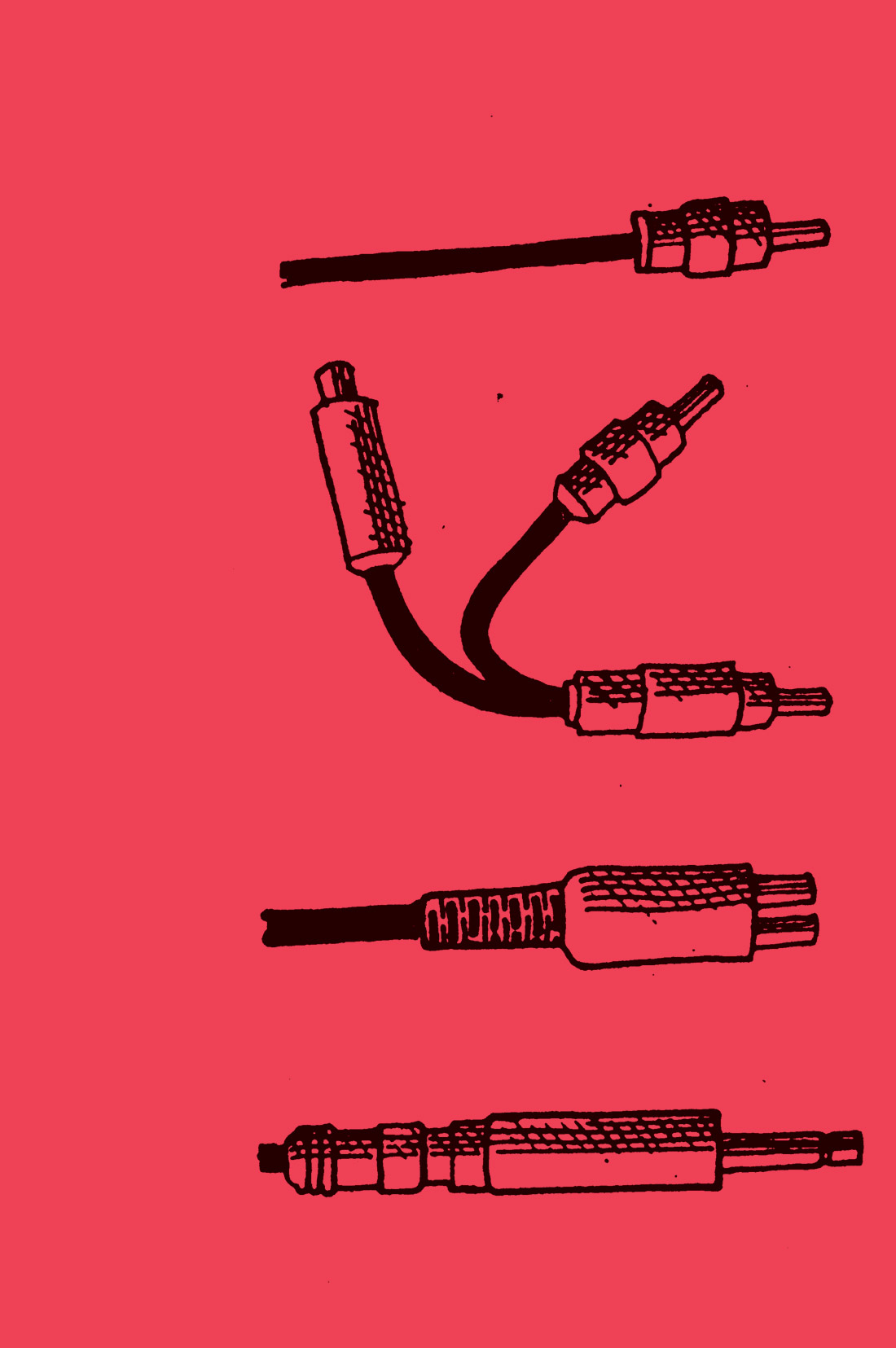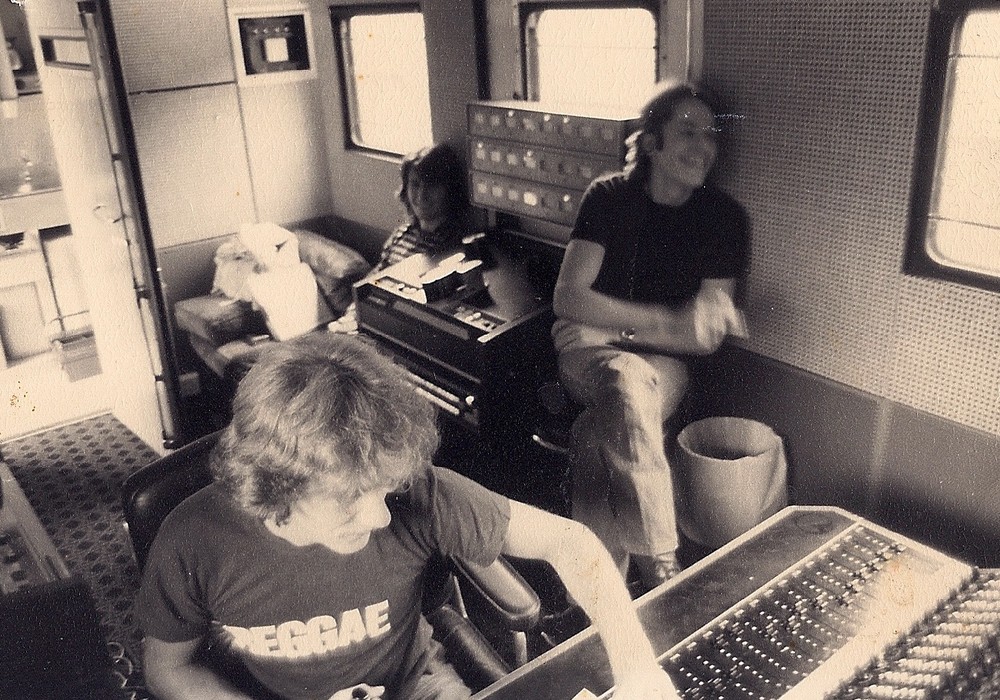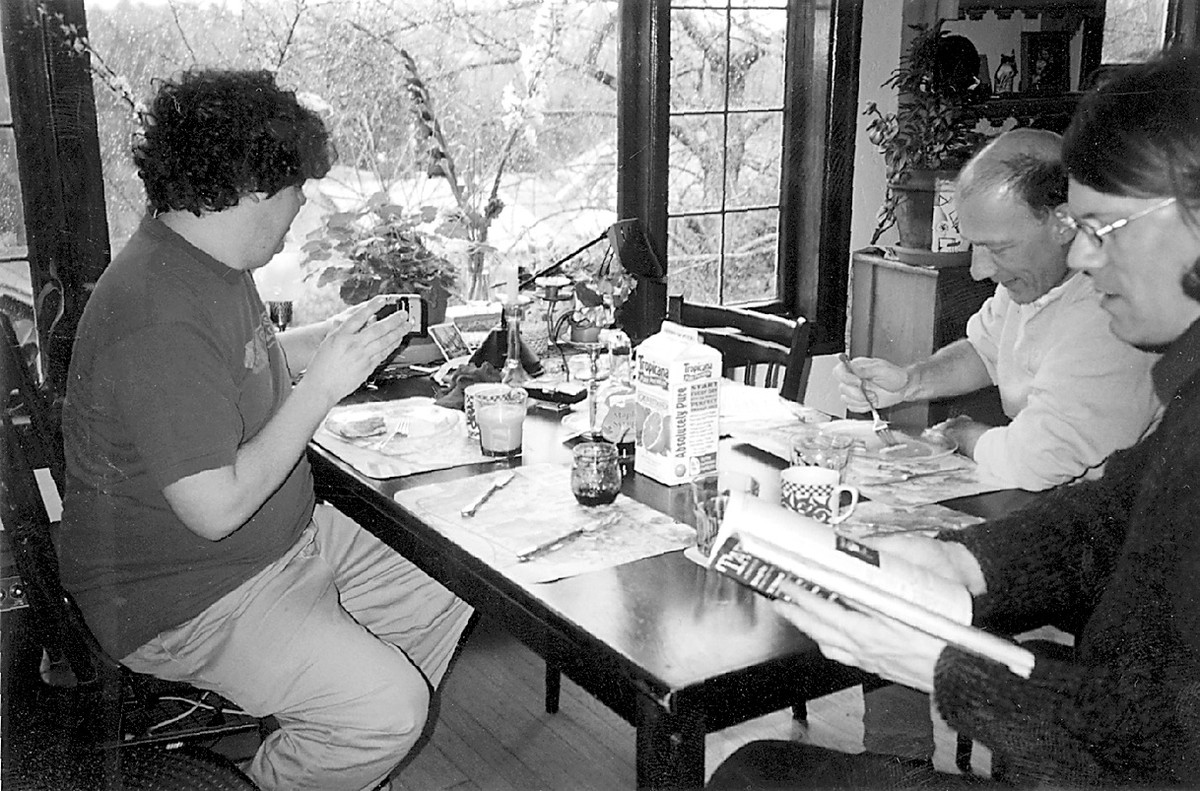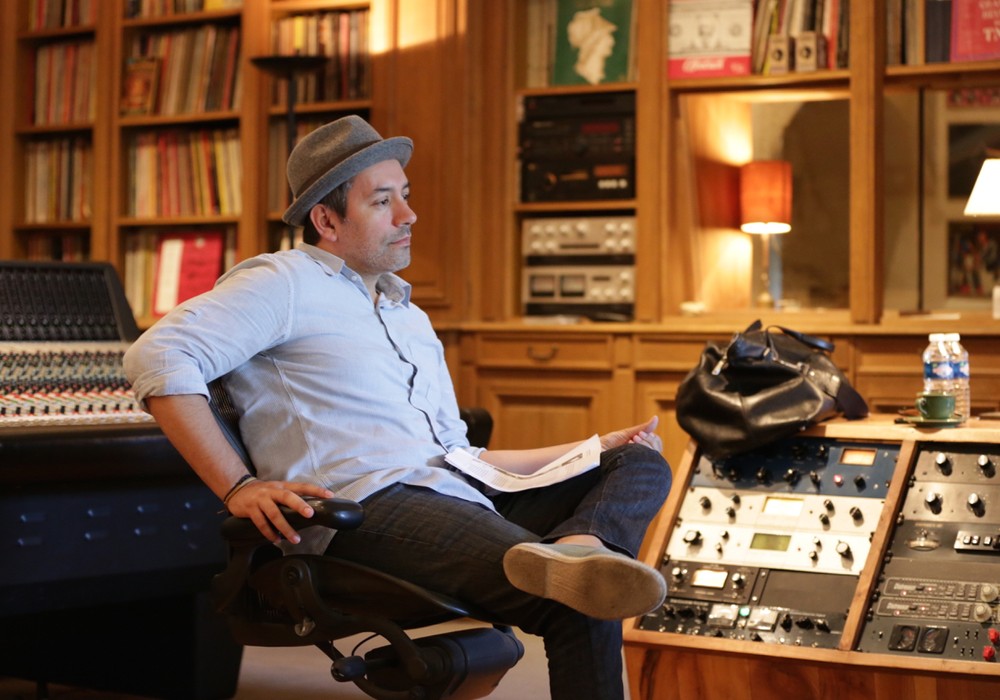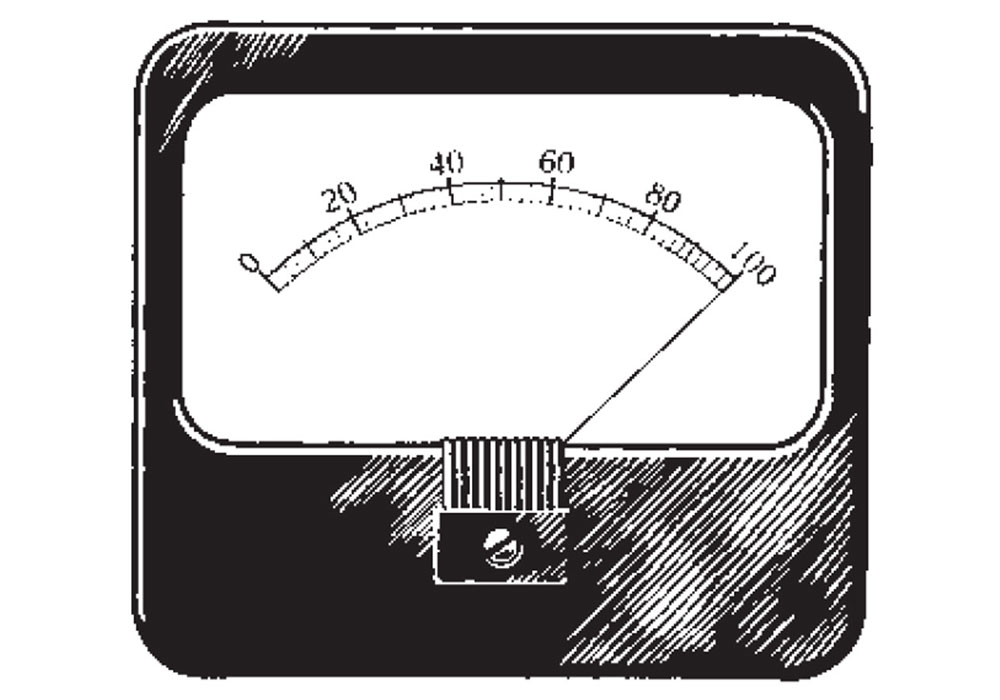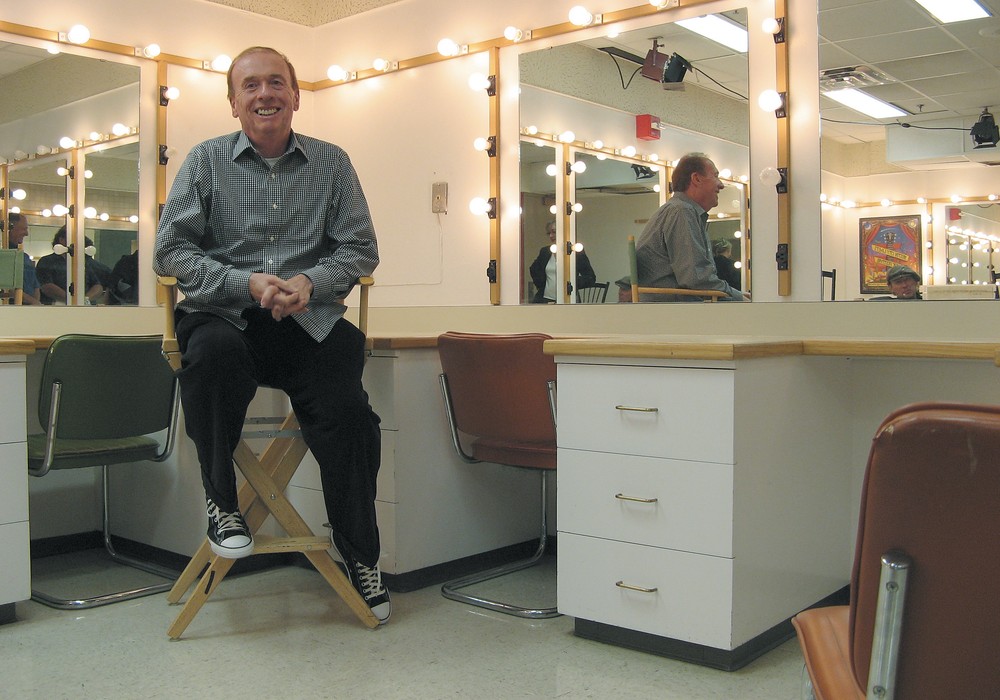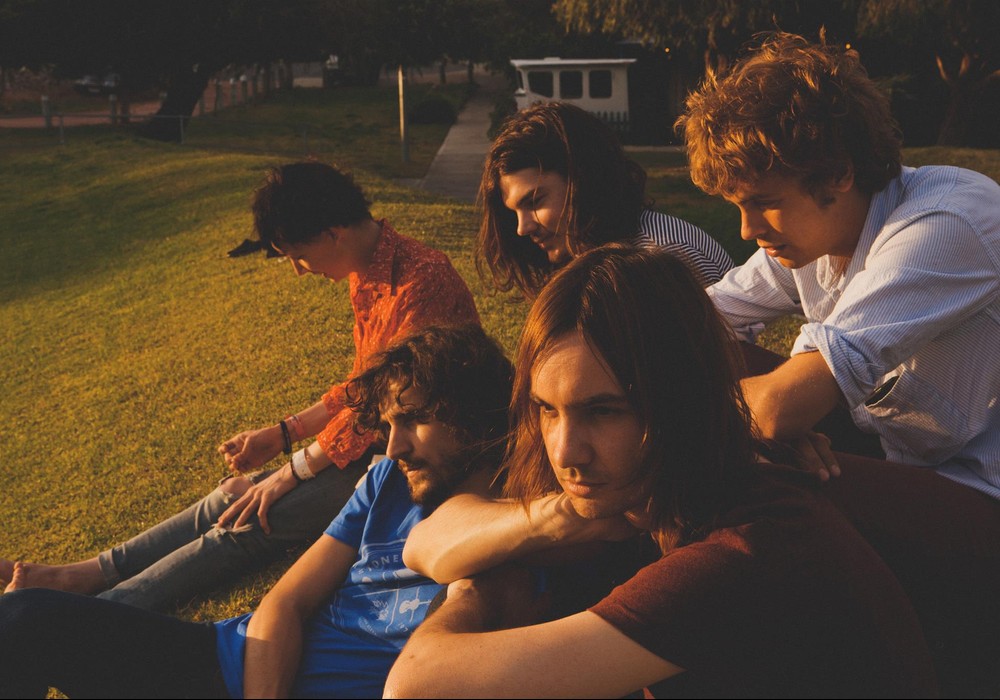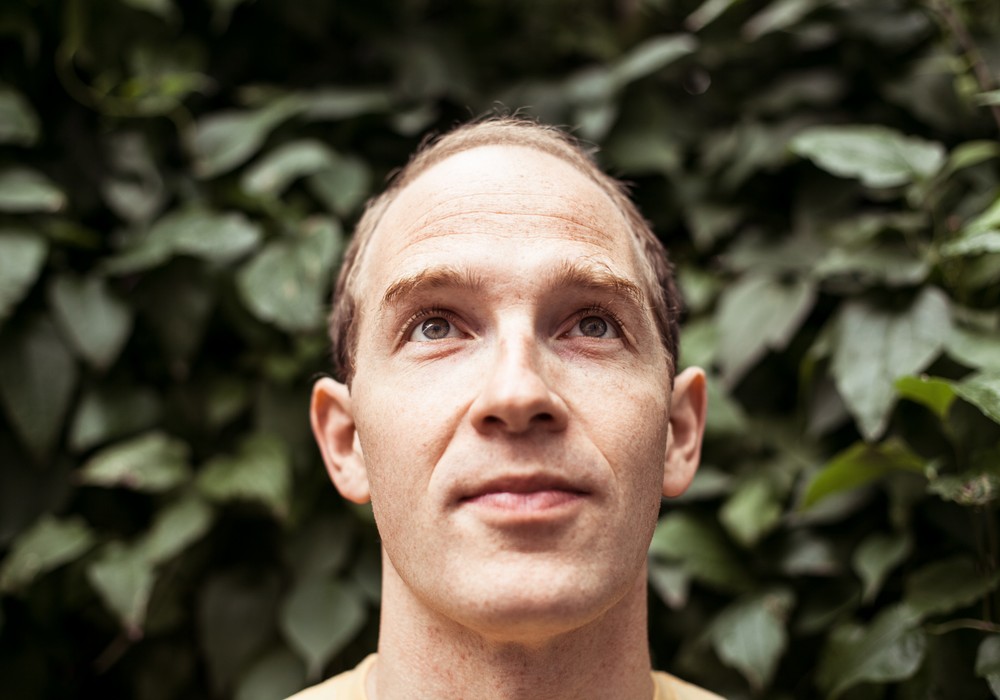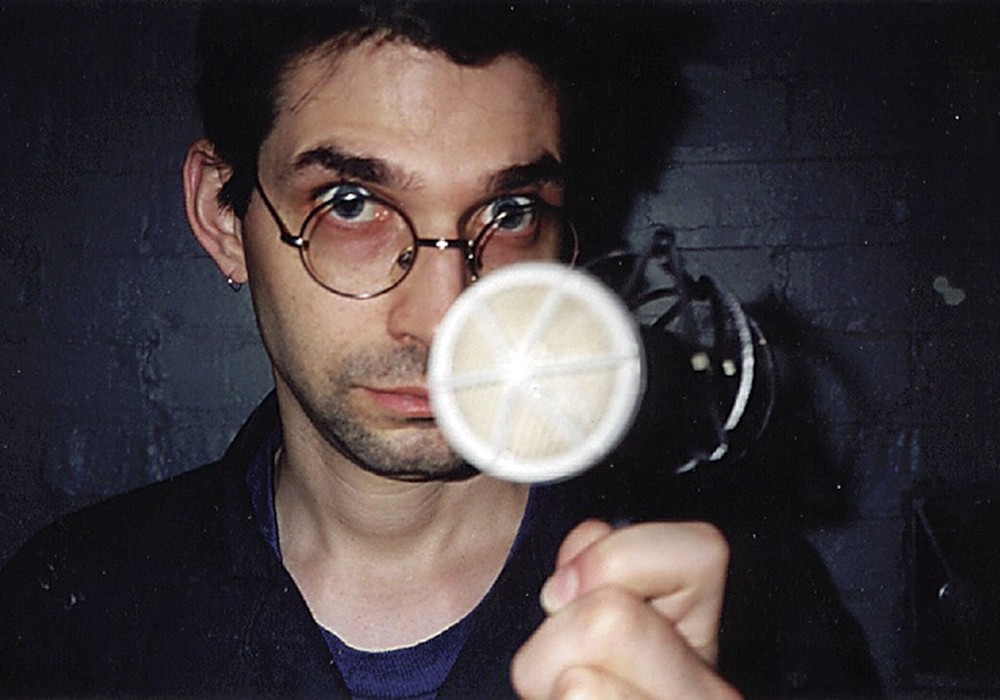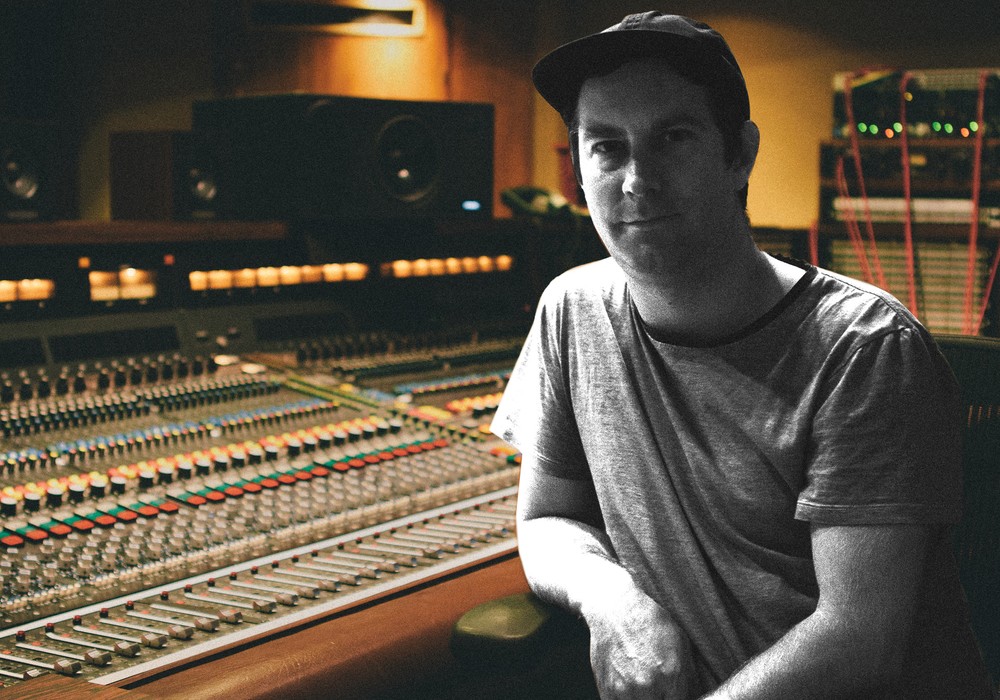Phill Brown has had a 30 year long career as an engineer, something most of us are barely even capable of imagining. And not only has he been working for a long while, he's worked with some of the greatest artists in the world. The Rolling Stones, The Small Faces, Traffic, Bob Marley, Brian Eno, John Martyn, Joan Armatrading, Throwing Muses, Talk Talk...Talk Talk, really. If you're thinking Talk Talk was a silly electro-pop band in the early 80s, think again. They turned into real artists, and their last two records, Spirit of Eden and Laughing Stock are among some of the most amazing sounding records you will ever hear. And Phill was there. We caught up with Phill in Seattle while he was recording the next Walkabouts album, of which Chris Eckman is a member, and we got together for breakfast [thanks to Carla] and a nice little chat on recording.
Phill: Those Talk Talk records we were making, we were doing everything in real time. So we were using five slaves for every song. Every song had five, twenty four track, slaves which you could use depending on what you wanted to record. So that, some of the simplest things that became incredibly hard with that because of how much information you need. To change one of the lengths of one of our songs... .
Larry: Splice all the tape?
PB: And redo the coding, I mean the whole thing becomes a nightmare.
They had that with Elliott Smith's record. They started splicing the master, and then all of a sudden the slaves were jumping. It can be a real nightmare...but you know, you can work it out, it just takes time.
Yeah, there are ways. On one of the Talk Talk records we had to make one of the songs longer, which is even harder. I think it did take a couple of days to put in these extra five bars. We had to start with a new master... We mixed to the Mitsubishi [digital deck] as a final master and we had all these analog slaves of what we recorded. So we copied and made new masters to the point where we had to elongate it and then offset things in. At the time Mark [Hollis, Talk Talk leader, vocalist, etc.] went, "I need this five bars longer." Nobody thinks about the reality of it.
So you copied parts of it?
Some of it was copied and others were flown in to recreate a bass part from the bars we had, put the drums in, and build it up. Once you get those extra five bars you basically lock up everything that you have and copy the rest of the song. It is a lot of fiddling about work. This was 4 months into working on the album.
Those records, Laughing Stock and Spirit of Eden took a while to record didn't they?
A year to make each. In the dark.
What was Tim Friese-Greene's role in making those records?
Tim was co-writer and producer and one of the keyboard players. He's a very important part of it.
Was he an original member of Talk Talk?
The first two albums were done with other producers and other writers but I think it was their second album that they were trying to finish and Tim was brought in for a remix situation and he mixed the album and got on well with Mark. Tim's been there from Colour of Spring on. I came in just after that.
What was your official part in making those records?
On Spirit of Eden and Laughing Stock it's purely an engineering credit. There's been a bit of discussion on this new solo album I did with Mark because another person originally produced it and Mark got rid of him and rid of the album and we started afresh. I got what he wanted and I kind of imagined that I would be credited as co-producer. We'd talked about that and that was the agreement. Then, he thought about it a lot, and although he's given me a producer's percentage of the royalty, it's down as engineer because that's how he wants it to look.
Hopefully you still get on with him okay...
Oh yeah. We may work on a project together later this year. He's slightly tricky. I can deal with that kind of tricky because that's artistic. When it comes to doing business and all of that, the music business really pisses me off...
I wanted to ask you about that. You started as a tape operator in Olympic Studios in London and you've had to work your way up. For some sessions you get to produce stuff and for others you engineer. What do you see as the difference between those terms?
I guess I see my trade as an engineer. Even though I produce things and co-produce things I see what I do as an engineer. I tend to work the...
